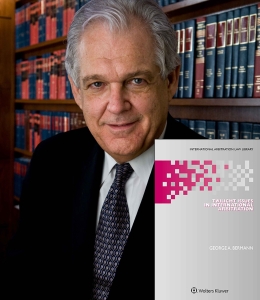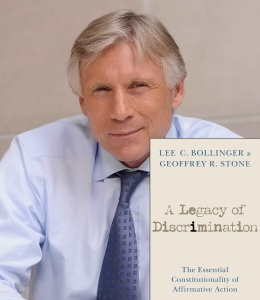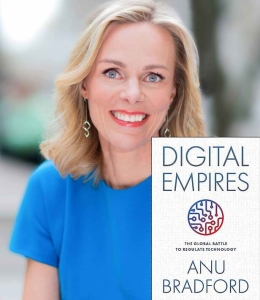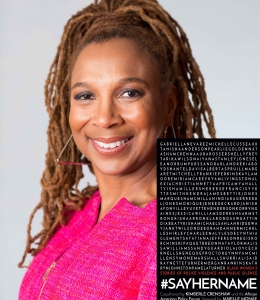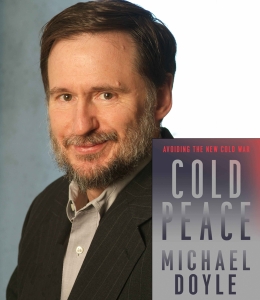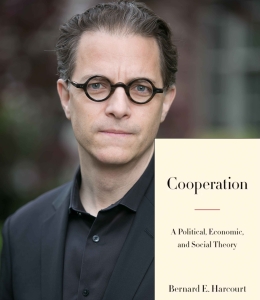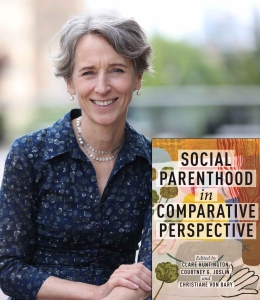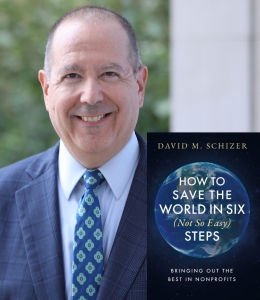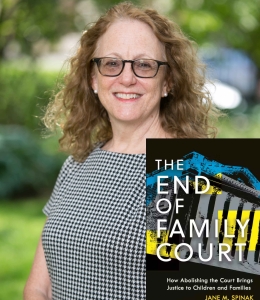Faculty Books 2023: The Year in Review
Members of Columbia Law School’s full-time faculty have written and edited books published this year on timely topics including affirmative action, the new Cold War, social parenthood, and cooperative democracy.

The scholarly interests of the Columbia Law School faculty touch on myriad areas of legal study and have a wide-ranging impact on economic, political, and social issues in the United States and around the world. Here are nine books that Columbia Law professors have published this year.
